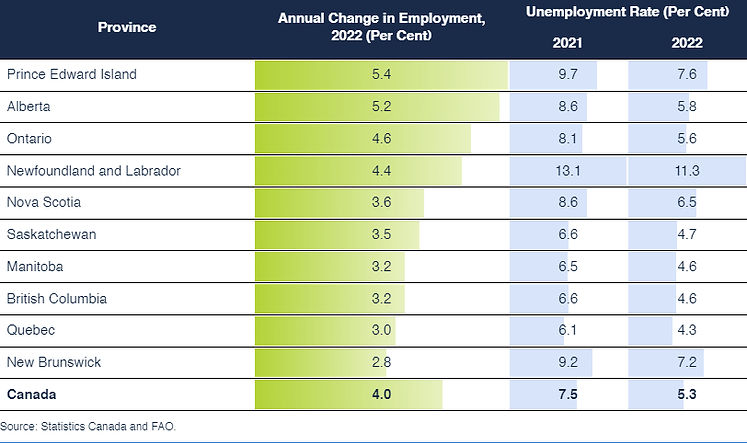Useful Tips
I. Typical school calendar
Usually, the new school year starts on the day after the Labour Day, and summer holiday begins on July 1st. For Ontario’s school calendar 2024-2025, click here.
School holidays in Ontario can be used as a reference for other provinces (except Quebec):
Holidays | 2022-23 School Year | 2023-24 School Year | 2024-25 School Year | 2025-26 School Year | 2026-27 School Year |
|---|---|---|---|---|---|
Labour Day | September 5th | September 4th | September 2nd | September 1st | September 7th |
Thanksgiving Day | October 10th | October 9th | October 14th | October 13th | October 12th |
Christmas Break (Inclusive) | December 19th to
December 30th
| December 25th to
January 5th
| December 23rd to
January 3rd
| December 22nd to
January 2nd
| December 21st
to January 1st |
Family Day | February 20th | February 19th | February 17th | February 16th | February 15th |
Mid-Winter Break (Inclusive) | March 13th to
March 17th
| March 11th to
March 15th
| March 10th to
March 14th
| March 16th to
March 20th
| March 15th to
March 19th |
Good Friday | April 7th | March 29th | April 18th | April 3rd | March 26th |
Easter Monday | April 10th | April 1st | April 21st | April 6th | March 29th |
Victoria Day | May 22nd | May 20th | May 19th | May 18th | May 24th |
II. Equivalency of different English language tests’ scores
English Proficiency Test | Ontario College Certificate, Ontario College Diploma (2-Year & 3-Year Advanced Diploma) | Fast-track Programs and select Ontario College Diploma (2-Year & 3-Year Advanced Diploma) | Degree Programs and Ontario College Graduate Certificate |
|---|---|---|---|
Cambridge English Exams: Proficiency (CPE), Advanced (CAE), First (FCE) | 176-169 | 170-179 | 180+ |
iTEP | 3.7+ | 3.9+ | 4.1+ |
Pearson Test of English (Academic) | 51+ | 58+ | 60+ |
CAEL | Overall 60 | Overall 60, Writing score 60 | Overall 70, Writing score 60 |
IELTS | 6.0 with no band score less than 5.5 | 6.5 with no band score less than 6.0 | 6.5 with no band score less than 6.0 |
MELAB | Score of 76 | Score of 78 | Score of 82 |
TOEFL | 550 Paper-based 80+ minimums of 20 for the Internet-based test | 570 Paper-based 84+ minimums of 21 for the Internet-based test | 580 Paper-based 88+ minimums of 22 for the Internet-based test |
III. Work during study
Working as an international student
If you work in Canada without permission, you could be violating the Immigration Act, which could result in you having to return to your home country. If you are planning to work during your studies, whether as part of your program or in a job on or off campus, make sure you understand the requirements and restrictions.
Co-op employment
If work experience is a required part of your program of study, you need to apply for a co-op work permit in addition to a study permit. If you are not sure whether you need a co-op work permit, check with your institution. Find out more about international student permits and visas.
On-campus employment
You can work on campus without a work permit if you meet certain requirements. You can work for up to 20 hours a week while classes are in session and full time during scheduled breaks in the academic calendar.
Off-campus employment
You can work off campus without a work permit if you meet certain requirements. You can work for up to 20 hours a week while classes are in session and full time during scheduled breaks in the academic calendar.
Working after your studies
You may be eligible to work in a study-related job for up to two years after graduation. A post-graduation work permit (PGWP) is for international students who have graduated from eligible postsecondary programs. PGWPs are open work permits that allow foreign nationals to work for any employer, anywhere in Canada.
IV. Pathways to permanent residency after your study
Canada is a great place to study, work and live. It’s no wonder that 60% of international students plan to apply for permanent residency in Canada. After you finish your program of study in Canada, there are options for you to become a permanent resident (PR).
Most provinces have their own program called the Provincial Nominee Program, you could be eligible to live and work permanently in the province of your choice. For more details about the Ontario program, click Ontario Immigrant Nominee Program (OINP). For other ways to immigrate to Ontario, visit the Government of Canada’s website.
V. Why Ontario?
Ontario’s economy thrives through its unique combination of resources, manufacturing expertise, exports and a drive for innovation. Ontario generates 37% of the national GDP and is home to almost 50% of all employees in high tech, financial services and other knowledge-intensive industries.
Ontario experienced the third fastest pace of job gains among all the provinces in 2022

All Census Metropolitan Areas experienced job growth and lower unemployment rates in 2022

The majority of the industries saw job gains in 2022

